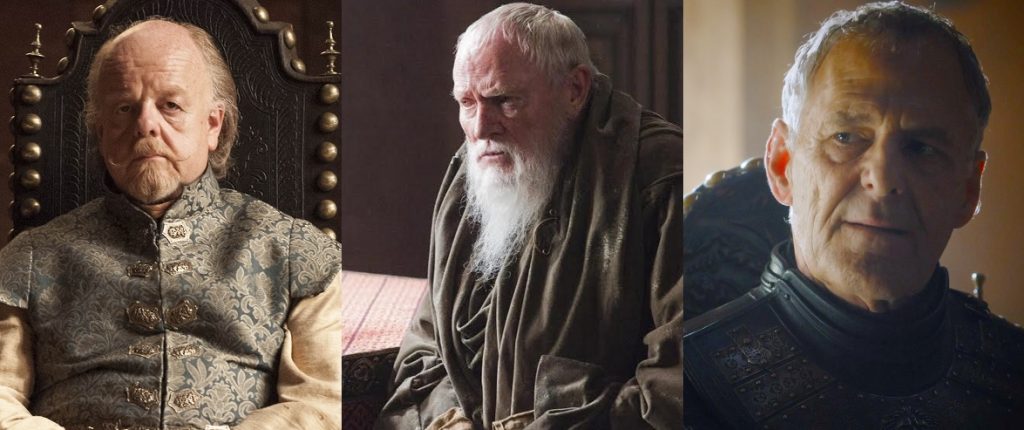
Paying tribute to one of Game of Thrones’ great supporting cast members is no small task; taking on three of them is Herculean. Stepping up to the plate to salute the exemplary work of Julian Glover, Roger Ashton-Griffiths, and Ian Gelder is WotW regular Jared Kozal. – Sue the Fury
“The Small Council grows smaller and smaller.”
“Not small enough.”
When Grand Maester Pycelle and Cersei Lannister exchanged those words in “Sons of the Harpy,” one could be forgiven for not considering it a portent of doom. Cersei had just dispatched Mace Tyrell to negotiate with the Iron Bank of Braavos – an ostensibly critical mission that was really a thin pretext to get him out of King’s Landing so that she could move against his children. Kevan Lannister had left the capital two episodes earlier after refusing to do Cersei’s bidding. Only Pycelle remained, and for him, enduring the slights of capricious rulers was nothing new. Cersei’s barb seemed to be little more than an amusing punctuation to the scene, especially since the show was setting her up for a hard fall.
But ultimately, the Lioness rose from the ashes of defeat to claim victory. As a new Queen takes the Iron Throne, the Small Council is gone, consumed by the fires of her vengeful wrath. In turn, Game of Thrones has lost three fine actors whose characters occupied seats at the high table. Now is our time to celebrate them.
Julian Glover as Grand Maester Pycelle
Game of Thrones is renowned for both its enormous cast and the high rate of turnover among that cast. With the endgame drawing closer and more long-running characters falling with each passing year, one of my favorite things to do has been to keep track of those cast members that I affectionately called “the Originals”. These actors had been a part of the series since Season 1, and had appeared in every season as the same character. By the time Season 6 arrived, that exclusive club was comprised of only 15 people. Thirteen of those fifteen were long-time series regulars – Peter Dinklage, Nikolaj Coster-Waldau, Lena Headey, Emilia Clarke, Kit Harington, Sophie Turner, Maisie Williams, Alfie Allen, Aidan Gillen, Iain Glen, Conleth Hill, Jerome Flynn, and John Bradley. Only two never attained series regular status. One was Finn Jones (whose character also met his end in the finale). The other was Julian Glover.
Glover made his debut in “Lord Snow”, the third episode of the series. Including “The Winds of Winter”, he appeared in 31 episodes of Game of Thrones – more than any other non-series regular, and more than quite a few to hold that designation. His long tenure is all the more remarkable considering that Glover was a late addition to the cast roster – the role of Grand Maester Pycelle was originally going to be played by Roy Dotrice, a close friend of George R.R. Martin and the narrator of the ASOIAF audiobooks. When Dotrice was forced to withdraw for medical reasons, Glover – his “old mate from the Royal Shakespeare company” – stepped in (once he recovered, Dotrice would later join the cast in Season 2, playing Wisdom Hallyne). Yet from the moment Glover took over the role, he owned it. It’s hard to imagine anyone else playing the character.
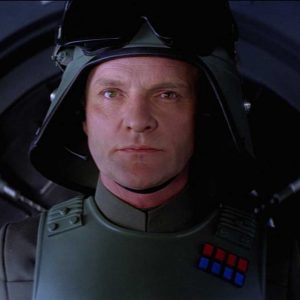 Long before Game of Thrones was a worldwide phenomenon capable of attracting renowned actors for even minor roles, Julian Glover was one of the most accomplished and well-known thespians to join the project. For fans of popular genre fiction, his work should be deeply familiar – his famous roles include General Maximillian Veers in The Empire Strikes Back, Walter Donovan in Indiana Jones and the Last Crusade, and the Bond villain Aristotle Kristatos in For Your Eyes Only. He also played two separate roles on Doctor Who nearly 15 years apart, and lent his voice to Harry Potter and the Chamber of Secrets as Aragog.
Long before Game of Thrones was a worldwide phenomenon capable of attracting renowned actors for even minor roles, Julian Glover was one of the most accomplished and well-known thespians to join the project. For fans of popular genre fiction, his work should be deeply familiar – his famous roles include General Maximillian Veers in The Empire Strikes Back, Walter Donovan in Indiana Jones and the Last Crusade, and the Bond villain Aristotle Kristatos in For Your Eyes Only. He also played two separate roles on Doctor Who nearly 15 years apart, and lent his voice to Harry Potter and the Chamber of Secrets as Aragog.
But Glover is most celebrated for his long career in the theatre, reciting the Bard’s timeless words. A classically trained stage actor who honed his craft at the Royal Academy of Dramatic Art, Glover has performed with the Royal Shakespeare Company since the early 1950s. He has earned much acclaim for his performances, and received the prestigious Laurence Olivier Award in 1993 for his performance in Henry IV, Parts 1 and 2 as the titular character.
A character pretending to be someone or something that he or she isn’t is a famous archetype in Shakespeare’s work, so it’s fitting that Glover brought such a dynamic to his role on Game of Thrones. In an interview with Vulture, Glover describes how he and the writers devised the idea that Pycelle was actually two people in one. Those conversations inspired the scene in “Fire and Blood”, where Pycelle reveals to the audience that the doddering old man that he presents as his public persona was an act, concealing an active and sharp mind that was still very much in the game. That moment of truth would provide depth for the character, and inform Glover’s performance for the rest of the series.
While Pycelle spent most of his scenes feigning frailty, that spark of intelligence and vigor was always visible if one watched Glover carefully. It became subtly more apparent whenever the Grand Maester felt his position was secure, and there were rare occasions when Pycelle allowed the façade to fall away completely. Glover obviously relished those scenes – the quaver in his voice would vanish, he would stretch up to his full height, and the cold smile would dance across his lips – the face of a shrewd politician who knew how to survive in the poisonous heart of the Red Keep. During those moments, I would inevitably lean forward and take notice, whether Pycelle was taunting Tyrion after his fall from grace post-Blackwater, or speaking with Tywin in a deleted scene from Season 3’s “Walk of Punishment”. The latter scene holds special resonance in light of recent events.
“So many flowers, my Lord. Each wanting to grow the tallest or bloom the brightest. And one by one, sooner or later, they all get plucked. I don’t want to be the tallest or the brightest. I only want to remain in the garden, until my time comes to return to the dirt.”
Once again, a seemingly innocuous line becomes a chilling piece of foreshadowing. When Tywin thanks Pycelle for his “poetic candor” and asks what loyalty he can expect from him when the Lannisters are no longer the strongest house, Pycelle smiles at the absurdity of such a prospect. “By that time I will be rotting beneath the floor of the Sept of Baelor, if you deem my years of service worthy of that honor.”
Ultimately, Pycelle would not only outlive Tywin, he would meet his end during a power play staged by Tywin’s daughter, in an episode where all the brightest and tallest flowers of House Tyrell were ripped out of the once-fertile soil and tossed into the fire. In the end, Pycelle would not be able realize even this most humble of ambitions of resting beneath the Sept. While most of the victims of Cersei’s triumph perished within that famous structure, the Grand Maester met his end in a dark and dirty laboratory at the hands of Qyburn – a disgraced former member of his order who he despised.
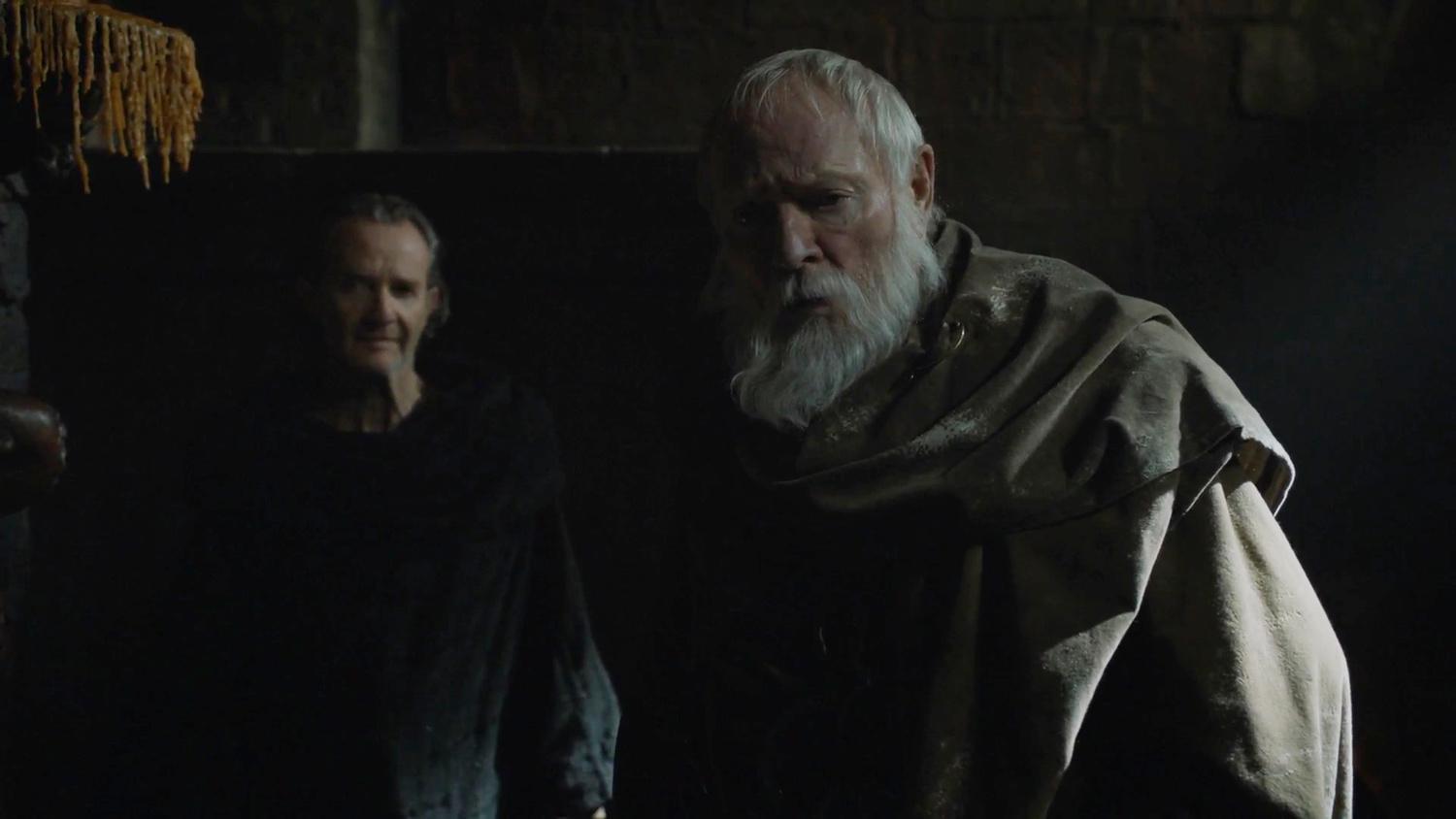
There was a fitting element of tragedy in that moment, for as corrupt and disingenuous as Pycelle ultimately was, his antagonism with Qyburn struck me as an entirely honest aspect of his character. He seemed genuinely affronted that a man who had been stripped of his chain for his bold and repugnant experiments could be allowed to ascend to such a lofty position. But Qyburn had not risen from the Citadel’s blacklist to the right hand of the Queen by allowing such compunctions to stop him. And so as the music swelled, the little birds rushed in, daggers drawn, and ended the long life of a man whose ability to adapt and whose desire to remain in the gardens of power were rendered moot when a purging fire wiped that garden out entirely. For the Shakespearean veteran, it was a death reminiscent of Julius Caesar’s (fittingly, Glover starred in a production of Julius Caesar at London’s Barbican Theatre in 1996. He performed the role of Cassius, one of the traitors who stabs Caesar). For one of the Originals, it was fitting that his long tenure on Game of Thrones ended in an episode that ushered in a new era and laid the old one to rest.
Julian Glover can be seen next in We Still Steal the Old Way and Indifferent, coming in 2017. And of course, those of us who are lucky will be able to watch him on the stage.
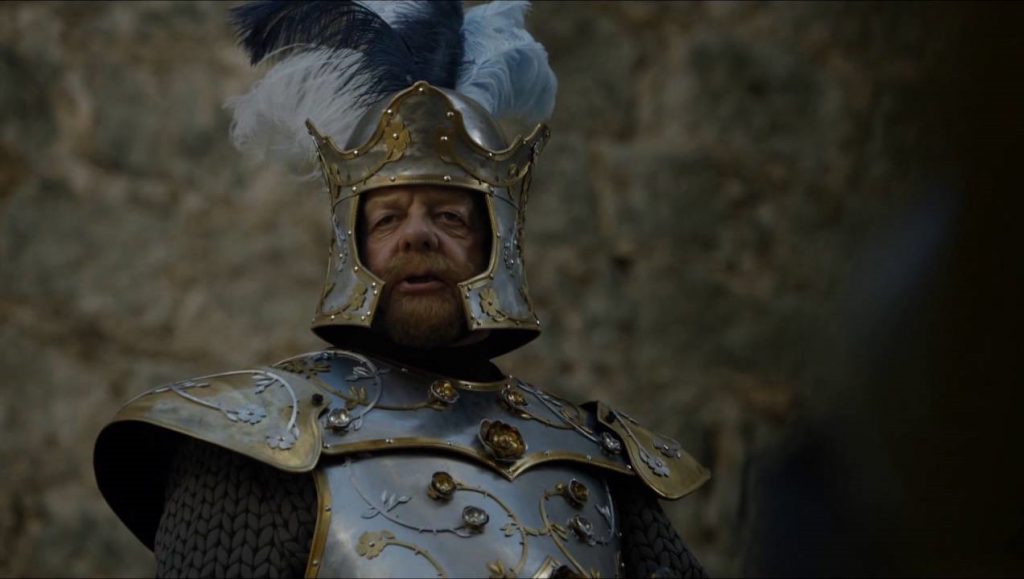
Roger Ashton-Griffiths as Lord Mace Tyrell
Roger Ashton-Griffiths is a man of many talents. He has had a long and successful acting career which, in addition to numerous television roles, includes appearances in films such as Brazil (alongside Jonathan Pryce), You Will Meet a Tall Dark Stranger, Gangs of New York, and Mr. Turner. He also holds a PhD in Creative & Critical Writing, and is an accomplished professional singer who spent time with the English National Opera. In light of such an impressive resume, it seems strange that he would portray a character perceived by many both inside and outside the show’s universe to be foolish – though perhaps unfairly so.
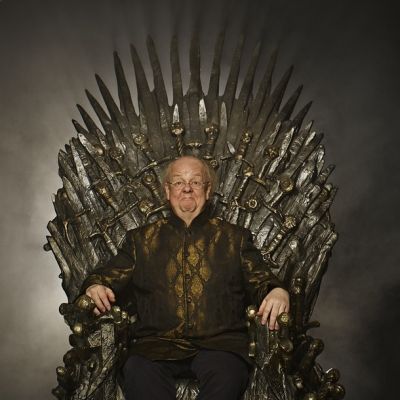 Before Mace Tyrell ever appeared on screen, viewers were provided with an early picture of the character via Olenna’s withering put-downs of her son, a man she referred to as the “Lord Oaf of Highgarden”. Ashton-Griffiths certainly caters to that conception of the character during his initial appearance in “The Lion and the Rose,” presenting him as a cheerfully oblivious man of privilege who possesses none of the political savvy that his mother and his daughter were blessed with in spades. There was little doubt that the Queen of Thorns was the true power behind House Tyrell, something that became apparent to all when Mace attempted to engage his mother and Tywin as they strolled through the royal gardens.
Before Mace Tyrell ever appeared on screen, viewers were provided with an early picture of the character via Olenna’s withering put-downs of her son, a man she referred to as the “Lord Oaf of Highgarden”. Ashton-Griffiths certainly caters to that conception of the character during his initial appearance in “The Lion and the Rose,” presenting him as a cheerfully oblivious man of privilege who possesses none of the political savvy that his mother and his daughter were blessed with in spades. There was little doubt that the Queen of Thorns was the true power behind House Tyrell, something that became apparent to all when Mace attempted to engage his mother and Tywin as they strolled through the royal gardens.
Olenna’s sharp rebuke – “Not now, Mace!” – not only silenced him, it inspired the fandom. From that moment on, Mace became a reliable source of comedy amidst the darkness, whether he was using his melodious singing voice (putting that opera training to work!) to serenade Tycho Nestoris, or delivering a would-be rousing speech to the Tyrell army in a gloriously plumed helmet. “Not now, Mace!” became a rallying cry, especially during Axechucker’s weekly Twitter recaps, and loyal readers of WotW would affectionately take up the call every time the Lord of Highgarden appeared on screen.
Whether or not his timing was ever correct, Mace was a man who was always ready to be of service, and took obvious pleasure at being involved in the realm’s most important affairs. He was undoubtedly ambitious – his desire to see his daughter become queen led to his support for all three of Margaery’s royal marriages, despite his mother’s warnings about the dangers of entering into such alliances. But unlike many in Westeros, Mace’s ambitions weren’t in any way malicious. Ashton-Griffiths claims that his character’s primary motivation throughout the series was to better his family’s position, and described him as a “genuine, open man” who “cares deeply about his children”.
Looking at the performance, I find it hard to disagree with Ashton-Griffith’s assessment. In a world populated by unrepentant schemers and calculating backstabbers, Mace’s genuine good nature and apparent lack of guile were refreshing to witness. Ashton-Griffiths also asserted that his character was more competent than many gave him credit for, and perhaps he was right in that as well. Time will tell if the Iron Bank will have its due, but at least throughout Season 6, the fearsome entity and the Crown’s massive debt to them were never mentioned. Perhaps Mace managed to temporarily mollify them.
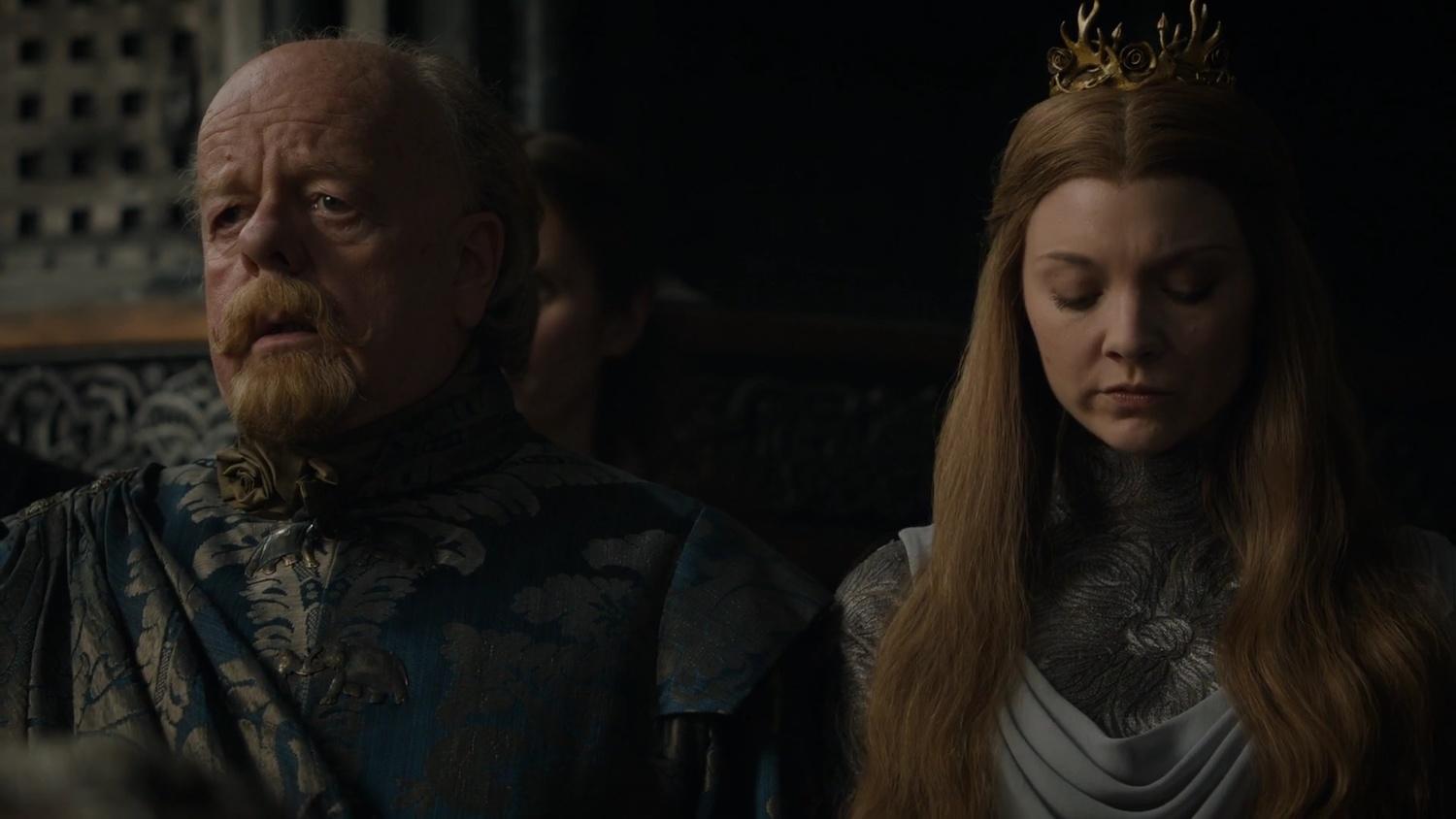
Furthermore, in a series renowned for terrible fathers, Mace could be counted as one of the best – and not merely by default. So it was fitting that Mace’s final scene on the show would frame the character in that context, and that Ashton-Griffiths would deliver one of his most genuinely moving performances in Mace’s final scene. During the trial, I was struck by the silent agony on his face as his only son is being shamed and mutilated before an indifferent crowd. I was even more affected by the involuntary cry that tears from his lips when Lancel presses a knife to Loras’s forehead and begins to carve. Mace’s love for his family shone through in that moment, which made it even more tragic when his ambitions for them turned to ash, along with almost everyone he loved.
While Mace is gone, Roger Ashton-Griffiths remains active and engaged with the Game of Thrones fandom, particularly online. Please check out his Twitter feed if you would like to see an actor responding with obvious enthusiasm and gratitude to fans showering praise upon his performance! It may warm your heart, as it did mine.
Roger Ashton-Griffiths’ most recent film, The Lobster, is currently playing in theaters. He will soon appear in The Death of Stalin, a film from Armando Iannucci. He’s filming Taboo with Jonathan Pryce and Oona Chaplin, and we can look for that later this year.
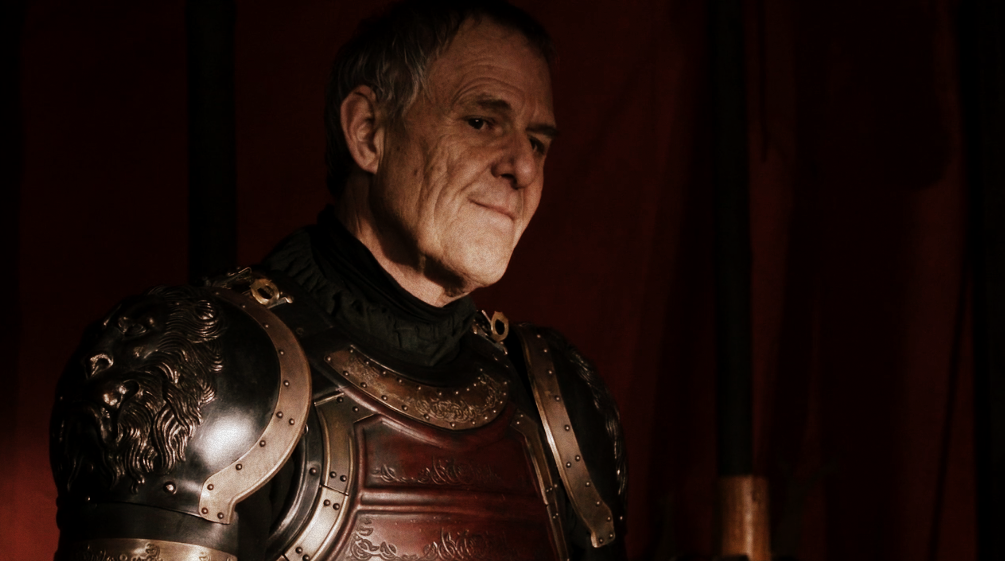
Ian Gelder as Ser Kevan Lannister
Game of Thrones has an impeccable ability to introduce characters in a context that perfectly establishes their role and their values. When Ian Gelder made his debut in Season 1’s ”The Pointy End,” he was standing at the most natural place in the world for Kevan Lannister to stand: at the right hand of his elder brother Tywin, discussing tactics and the rising prospects of their family. This series has no shortage of siblings who are quick to turn against one another to attain greater power, but Kevan harbored no such ambitions. He was an honest, relatively straightforward man who recognized the rare capacity for greatness that Tywin possessed, and he seemed content to live in the long shadow cast by his elder brother. As Tywin’s second-in-command, he dutifully served his house, his King, and his family’s legacy as the Lannisters consolidated their hold on the Iron Throne. Even as the tides of fortune turned and the Lannisters began to suffer losses, Gelder’s steady gravitas helped establish Kevan as one of the last members of the old guard resisting the chaotic tide of change.
Throughout Season 1 and Season 2, Kevan was a recognizable presence on Tywin’s war councils. The character didn’t appear in Seasons 3 or 4, but when he resurfaced in Season 5, Gelder’s return was greeted warmly by the fans. He quickly delivered what many consider to be Kevan’s most memorable scene, in which he fiercely rejected a position in Cersei’s puppet regime, and offered up a withering condemnation of her personal and political capabilities. Gelder commanded the screen during that sequence, and his sharp, imperious voice left a lasting impression on both the audience and on Cersei. His words cut her deeply, enough to sever whatever bonds of familial loyalty she may have felt for her father’s brother.
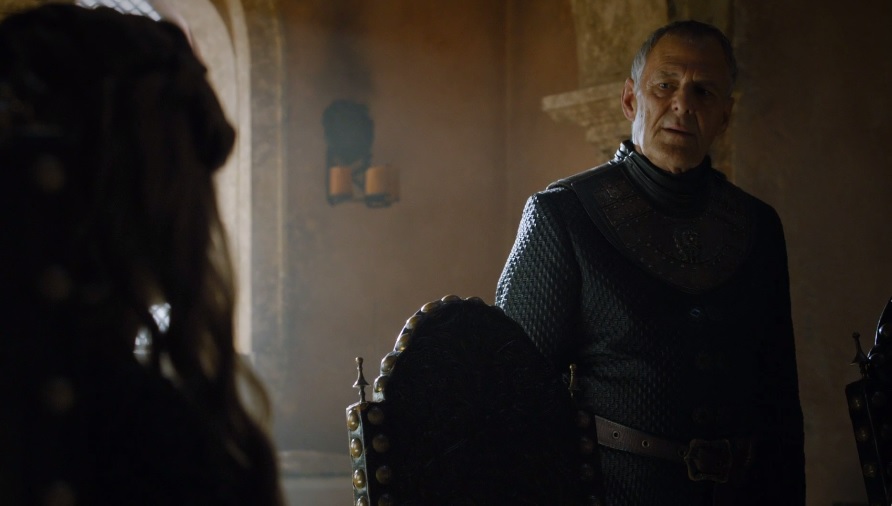
As even-keeled as Kevan generally was, his low opinion of Cersei was less veiled than Tywin’s, and his lack of regard for her – which frequently verged on outright contempt – ultimately contributed to his downfall. Perhaps he blamed Cersei and her affair with Lancel for driving his son into the High Sparrow’s clutches, and that fueled some portion of his antipathy. Regardless, when Kevan assumed his brother’s old position as Hand, he made it his mission to shield Tommen from Cersei’s influence, and left her with little choice but to turn to extreme measures. In the end, father and son would both meet their end in Cersei’s infernal pyre, and Tommen would join them in death shortly thereafter. Considering how devoted Kevan was to Tywin and his vision of the Lannister legacy, it’s ironic that Tywin’s daughter ultimately destroyed him and his branch of the family. A house divided against itself cannot stand, and the last days of House Lannister as a major power certainly appear to be drawing near.
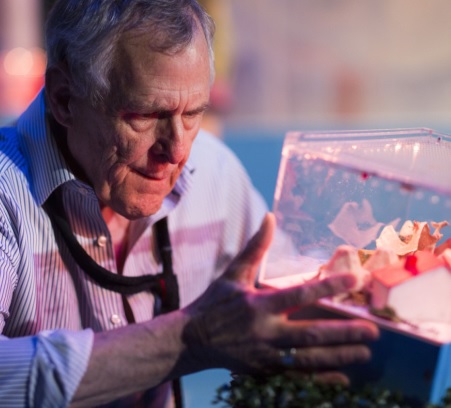 Prior to joining the show, Ian Gelder was primarily known as a theatre actor, having enjoyed a long career on the stage. His notable screen roles include on Torchwood: Children of Earth, Mr Selfridge and Pope Joan, and he is also one of many Game of Thrones alums to appear on Ripper Street. His theater work continues, having just completed a successful run in the Royal Court Theatre’s Human Animals.
Prior to joining the show, Ian Gelder was primarily known as a theatre actor, having enjoyed a long career on the stage. His notable screen roles include on Torchwood: Children of Earth, Mr Selfridge and Pope Joan, and he is also one of many Game of Thrones alums to appear on Ripper Street. His theater work continues, having just completed a successful run in the Royal Court Theatre’s Human Animals.
Conclusion
Please join me in celebrating these three distinguished gentlemen and their contributions to Game of Thrones over the past several years! They have served the realm faithfully, and I sincerely wish them all the best as they move on to other projects. They will be missed.
The post Curtain Call: The Small Council appeared first on Watchers on the Wall.
Via http://watchersonthewall.com
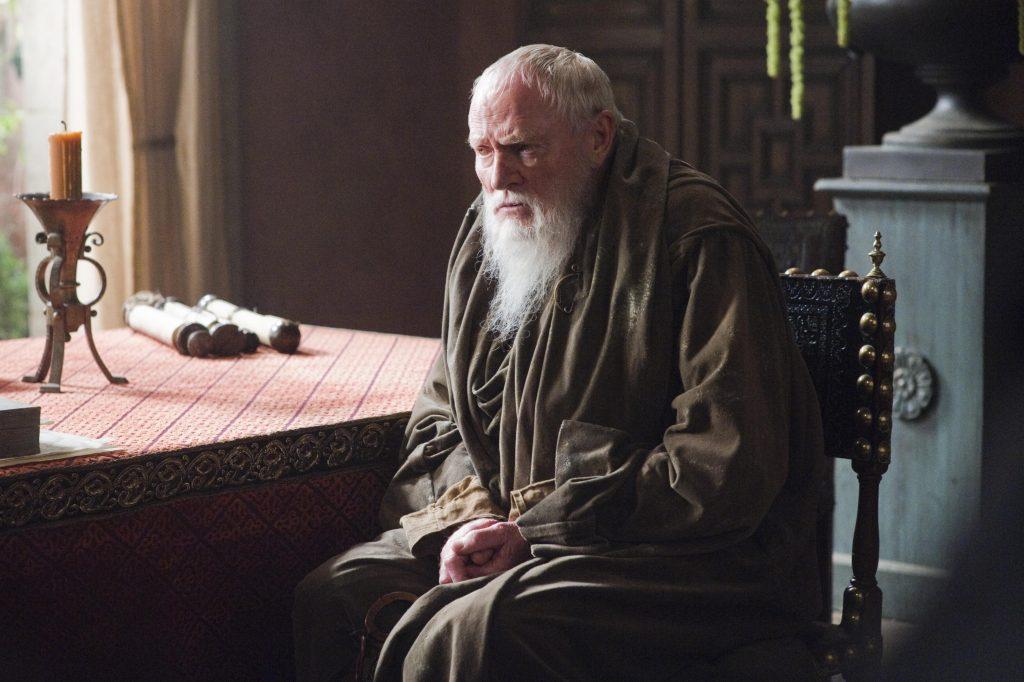
No comments:
Post a Comment